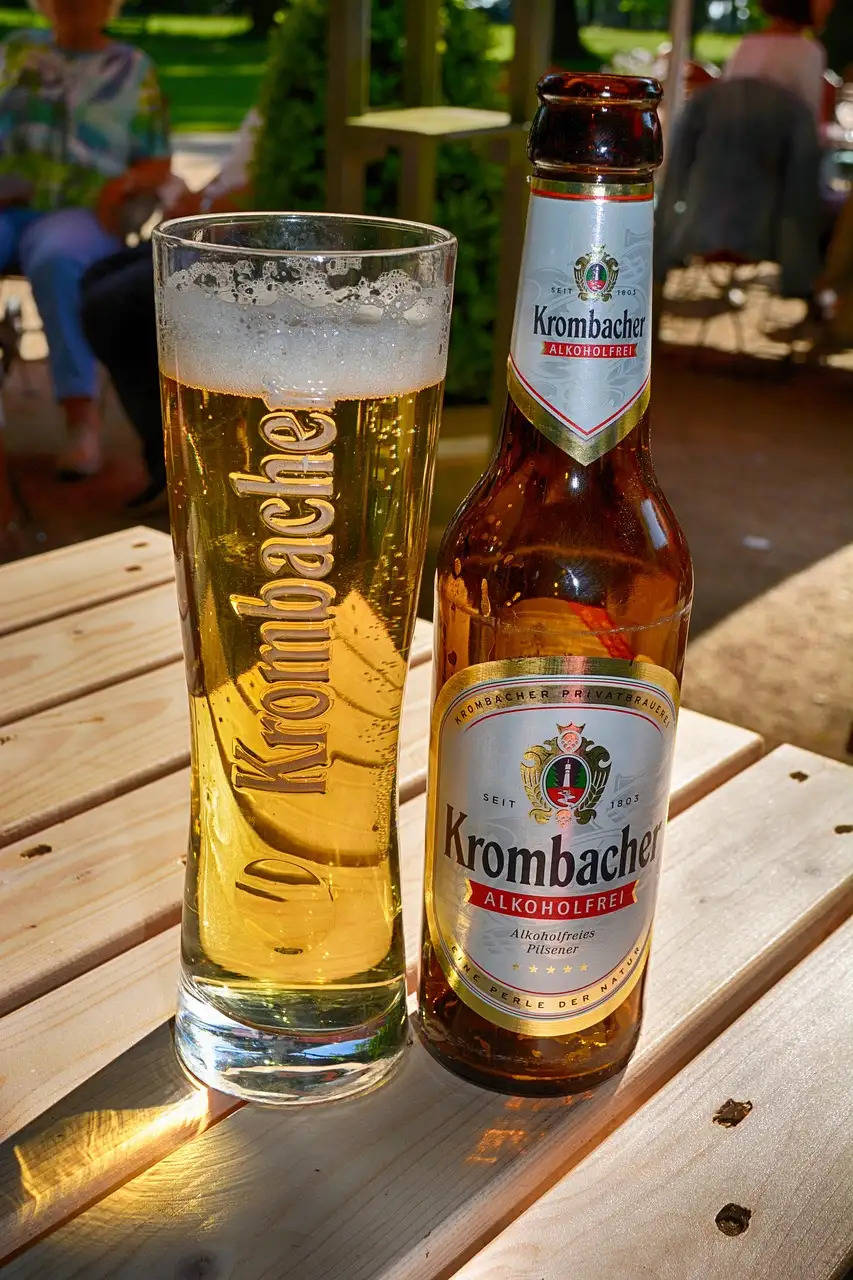The Expanding Thirst For Low To No Alcohol Choices In Today's Beverages

In recent years, the beverage industry has witnessed a seismic shift in consumer preferences- A growing demand for low to no-alcohol alternatives.
This trend is not merely a fleeting fad; instead, it's a complex tapestry woven from various factors, including the effects of the pandemic, relentless innovation, and a placebo effect.
The Pandemic Effect
Our lives have changed significantly as a result of the COVID-19 epidemic, and the beverage business is no exception. Lockdowns and social restrictions compelled people to rethink their drinking habits. With bars shuttered and social gatherings limited, consumers sought solace in low to no-alcohol alternatives.
The pandemic-induced isolation prompted a surge in health-conscious decisions, with individuals reconsidering the impact of excessive alcohol consumption on their immune systems.
The desire for a healthier lifestyle has become a cornerstone in the rise of beverages that offer the taste without the intoxication.
Innovation on the Rocks
Innovation is the key to keeping customers interested in the world of low- or no-alcohol beverages. Craft breweries have embraced the challenge of creating sophisticated, flavorful alternatives that can stand shoulder to shoulder with their alcoholic counterparts.
From alcohol-free beers that mimic hoppy bitterness to zero-proof spirits that can be expertly crafted into classic cocktails, the market is brimming with options. Innovators are not merely removing alcohol; they are elevating the entire drinking experience, proving that abstaining from alcohol doesn't mean compromising on taste or complexity.
The Placebo Effect
Enter the placebo effect, a psychological phenomenon where the mere belief in a substance's effectiveness can produce real physiological effects. In the context of low to no-alcohol beverages, the placebo effect plays a fascinating role.
Research has shown that people who knowingly choose non-alcoholic beverages often express a sense of relaxation and sociability comparable to those who opt for alcoholic drinks.
The ritual of raising a glass, the clinking of ice, and the sensory pleasure of sipping a thoughtfully crafted drink can activate the brain to anticipate alcohol's effects, even in its absence.
A Cultural Phenomenon
The surge in low to no-alcohol beverage consumption is not confined to a particular region. It's a global movement, with consumers from diverse cultures embracing sobriety without sacrificing the joy of social drinking.
In the UK, the "mindful drinking" movement has gained traction, with an increasing number of bars offering extensive alcohol-free options. In the United States, the trend is reflected in the growing market for non-alcoholic beers and spirits.
Even in traditionally wine-centric regions like France and Italy, the rise of alcohol-free alternatives is reshaping the wine culture.
The rise of low to no-alcohol beverages isn’t going anywhere. It has evolved into a global phenomenon as more and more people realize that they don’t need to consume alcoholic beverages to socialize and have a good time when there are healthier alternatives available. That said, we’ll have to wait and watch to understand how it unfolds exactly going down the line.
.jpg)
